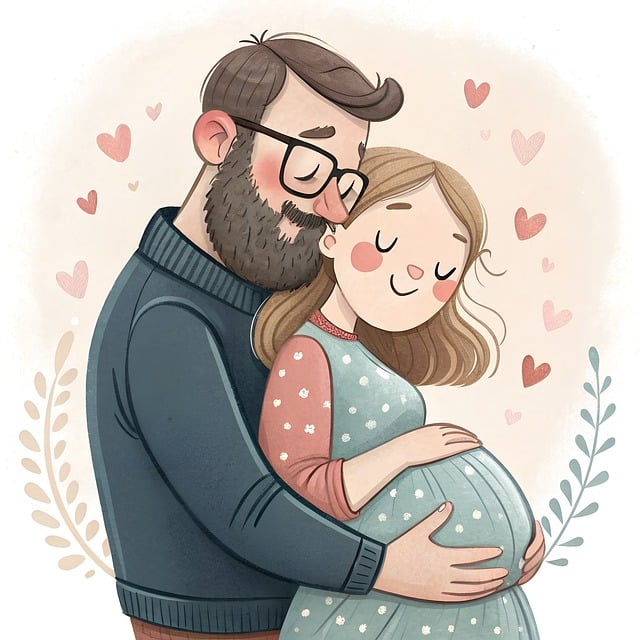It’s a question that often doesn’t come to mind until later in life, but according to Dr. Emma Harris, a fertility specialist, women should begin thinking about their reproductive health by the time they reach 30.
Understanding Fertility in Your 20s
In your 20s, conversations about fertility usually revolve around avoiding pregnancy. However, as Dr. Harris notes, it’s important to become more proactive about understanding your fertility options as you approach your 30s. This doesn’t mean you need to rush into motherhood right away, but being informed can help you make better choices down the line.
The Optimal Time for Conception
Dr. Harris emphasizes that the optimal time for women to conceive is typically in their 20s or early 30s. Although fertility starts to decline in the early 20s, many women still have a good chance of conceiving through their 30s. Most women begin to notice a more significant decline around age 35. Therefore, it’s wise to initiate discussions about family planning with your healthcare provider by the time you turn 30. This conversation can help clarify when you’d ideally like to have children and how to plan accordingly.
When to Seek Medical Advice
For women who experience irregular menstrual cycles or have a family history of early menopause, seeking advice from a doctor in their 20s is advisable. An OB/GYN can perform tests to detect any underlying conditions that might affect fertility.
Assessing Your Fertility
One effective way to assess your fertility is through ovarian reserve testing, which measures hormone levels to provide insights into your reproductive potential. Fortunately, most insurance plans cover this testing, making it more accessible.
Considering Elective Egg Freezing
If you’re looking to take control of your reproductive future, consider elective egg freezing. Since the stigma around this procedure has decreased, many women are now opting for it. Research shows that women under 37 who freeze a sufficient number of eggs have a 70 to 80 percent chance of eventually having a baby. Dr. Harris shares that her own experience with egg freezing was positive, and she believes it empowers women to plan their lives without feeling rushed.
Exploring Your Options
So, women should not only think about their fertility at a younger age but also explore their options. For further information on fertility and related topics, check out our other blog posts, like the one on holiday gifts for kids. Additionally, resources like the CDC provide excellent information about pregnancy and family planning.
Conclusion
In summary, the conversation around fertility should start as early as your 30s, especially if you have concerns about your reproductive health. Taking proactive steps, such as consulting with a healthcare provider and considering options like egg freezing, can help you make informed decisions about your future.

